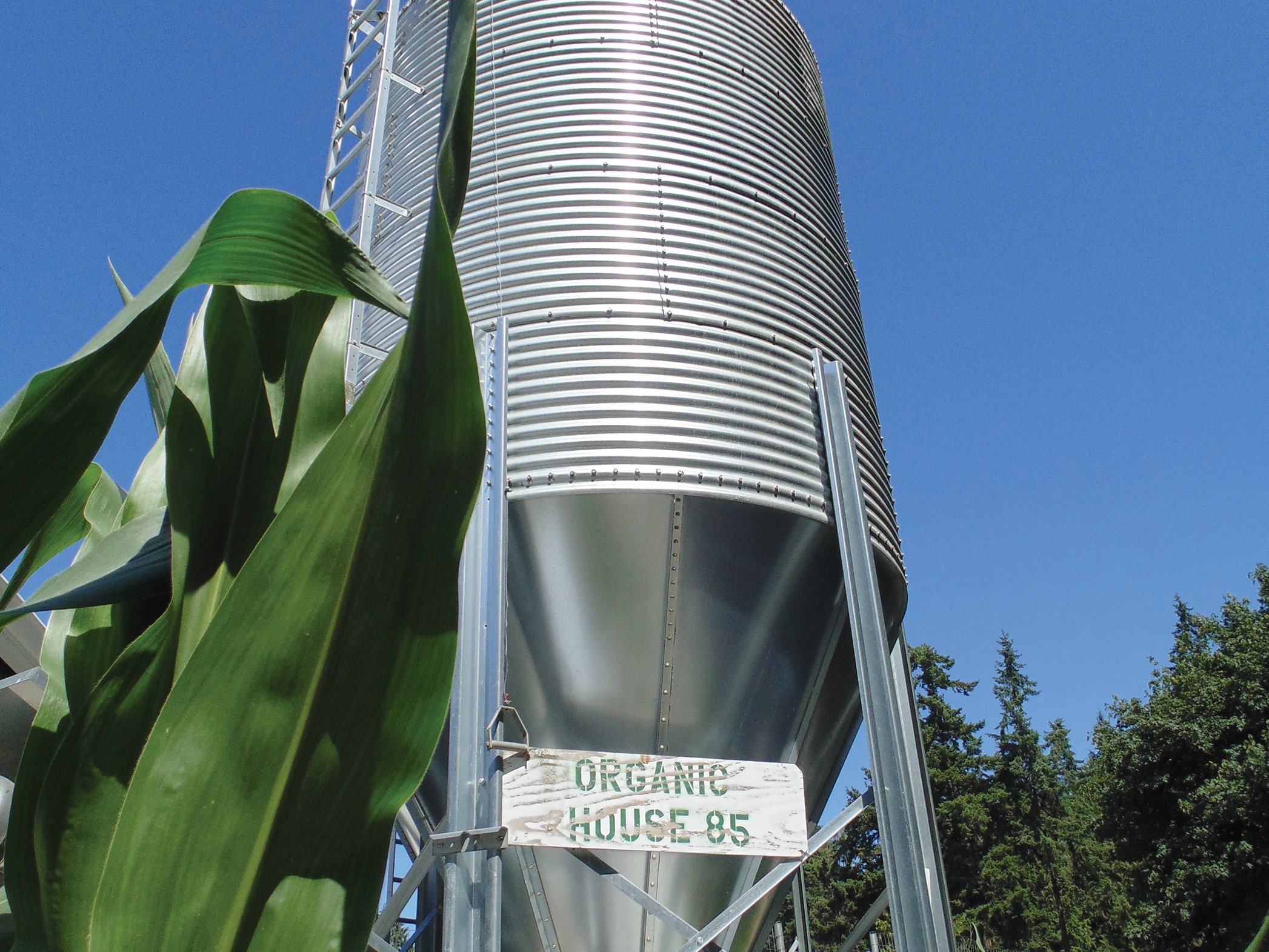
How We Care For Our Environment
Environmental sustainability is a major part of our farming philosophy. Our farms are surrounded by agricultural crops in the Pacific Northwest. A symbiotic relationship exists between our farms and the nearby lands in which each supports the other. Our sustainability programs focus on energy and plant processing efficiencies, conservation of water, preservation of nature’s land and its biodiversity, and recycling and reducing waste. Essentially, our goal is to leave the land and environment in a better state for the next generation.
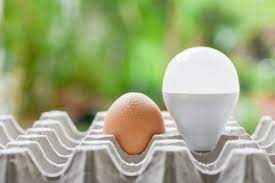
Energy Efficiency
Energy efficiency is a central part of our energy conservation program. Most of our energy is sourced from utilities using hydro for the majority of their electricity production. Our farms have or will be modernized with LED and HID units, cooling from energy efficient evaporative units and computer controlled systems for ventilation efficiency. Warm ventilation air is utilized to dry manure and reduce the number of loads to be shipped, also reducing ammonia emissions.
Our barns have either been remodeled or are in the process of remodeling with a core goal of energy efficiency. These barns will be some of the most energy efficient style barns in the egg farming industry.
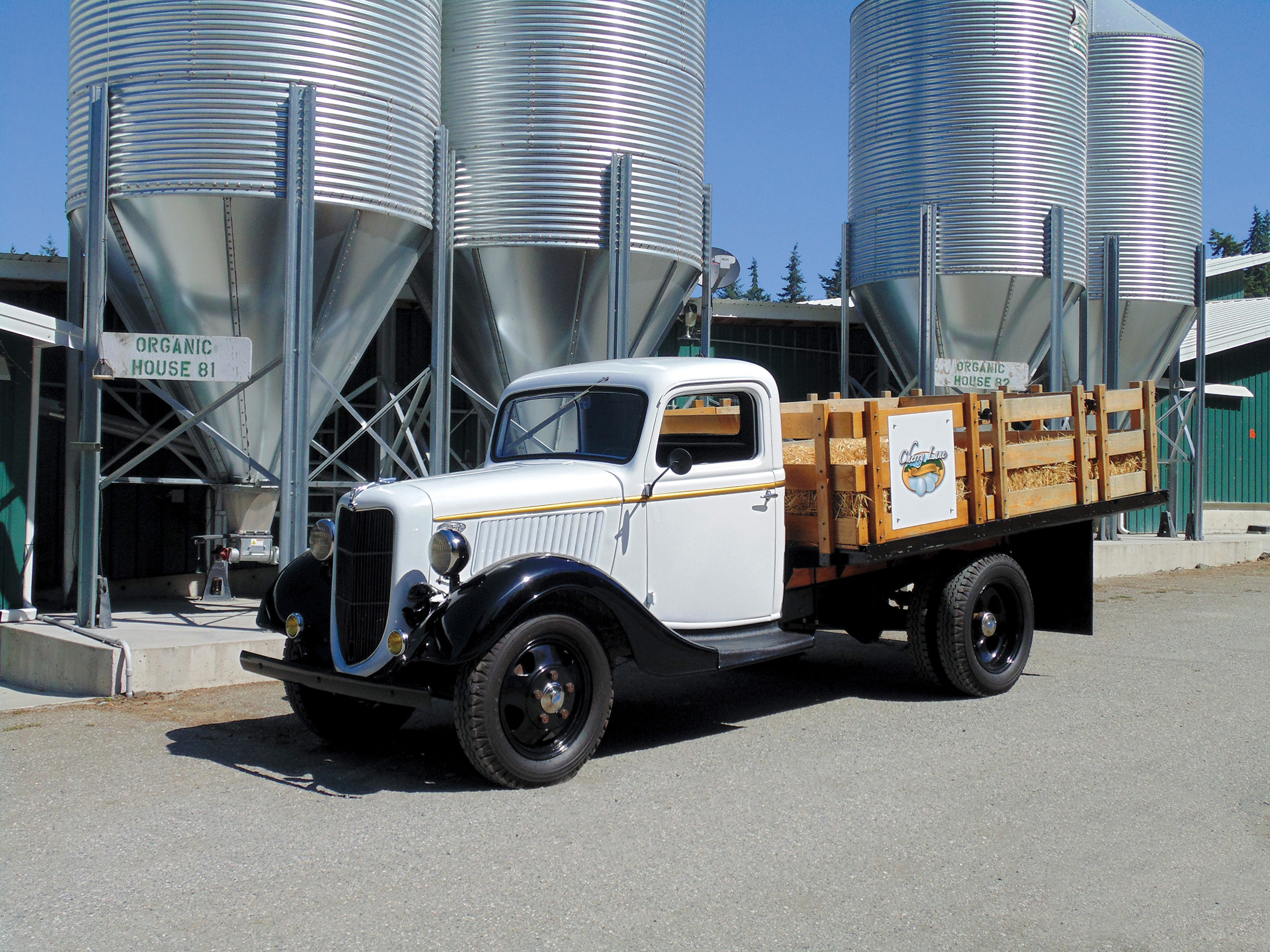
Plant Processing Efficiency
Our processing plants operate under a strict environmental sustainability management program. Wastewater is treated under the best management practices to protect our environment’s precious surface and ground water.
Lights have been converted to high efficiency units, using less power and lasting longer. Most propane forklifts have been converted to electric.

Nurturing the Land and Its Biodiversity
Our philosophy is that our land is not ours but belongs to the next generation. It is to be nourished, protected, and left in better health than today. It’s the right thing to do for the future of our planet. Here are a few aspects of our programs.
Our manure fertilizer is sold to numerous farmers for use as a natural fertilizer. Natural fertilizers help these local farmers avoid using chemical fertilizers which in turn allows them to produce their own crops with a lower carbon footprint. It’s all part of the new generation of sustainable farming.
Our best practices in manure management uses beneficial insects to prey on flies and fly larvae greatly reducing our need for insecticides.
Every decision we make ensures that our farming practices are healthier for our environment.
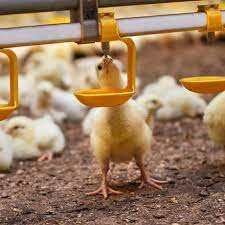
Conservation of Water
Conservation of water is a critical component of our environmental sustainability programs, especially as our local communities deal more often with extreme drought situations. Fortunately, eggs have one of the lowest water footprint of all animal proteins. Our egg barns all use a nipple drinking system that reduces water waste and water usage. Additionally, our barn cooling system is evaporative, using recirculated water which reduces water usage.
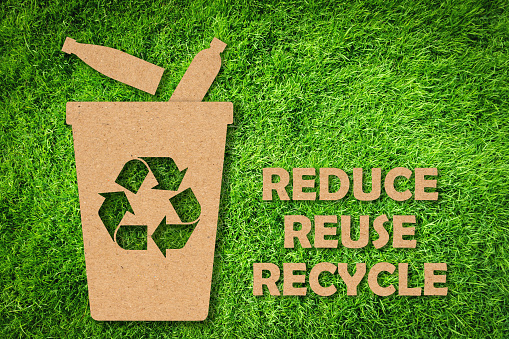
Recycling and Reducing Waste
First of all we believe it is best to use less and to — reduce, reduce, reduce. Very little of our waste goes to the landfill.
Cases and cartons are made from 100% recycled material. Egg Flats are made from recycled newspaper. All cardboard, waste flats, cartons and plastic stretch wrap are bailed and shipped to a recycler.
Waste eggs are ran through a centrifuge where the liquid egg is removed from the shell. The shell is combined with the manure and applied to fields as agricultural fertilizer. The liquid is shipped in a tank truck to a nearby dairy manure digester and is converted into methane gas — this fuels a generator that returns electric power to the power grid. The remaining nutrients are utilized as agricultural fertilizer.
